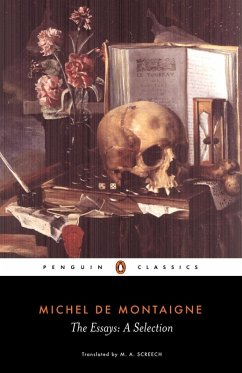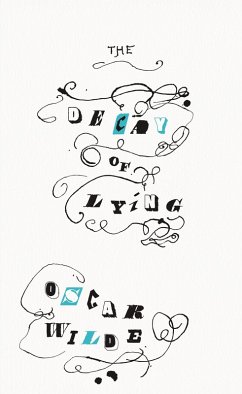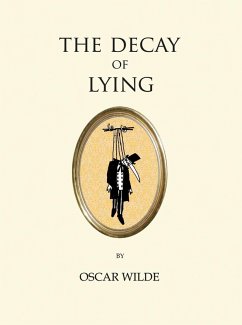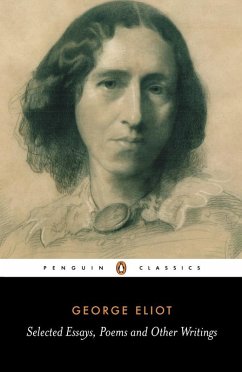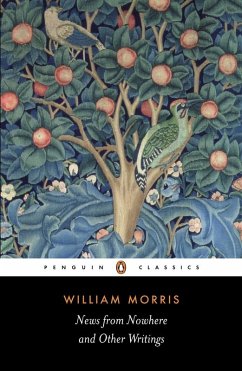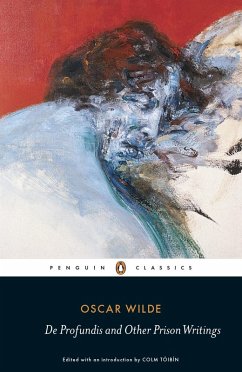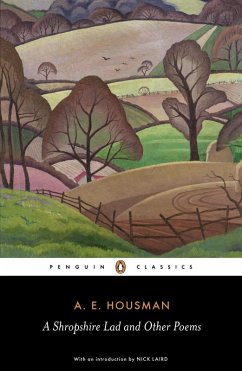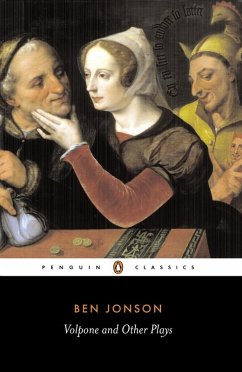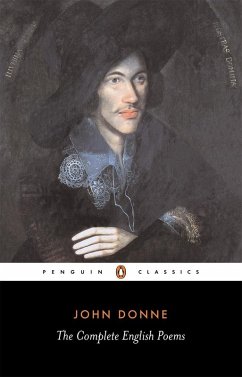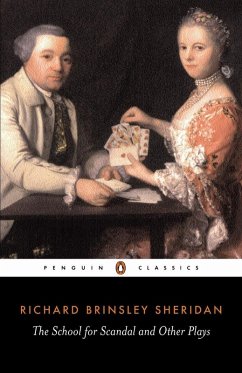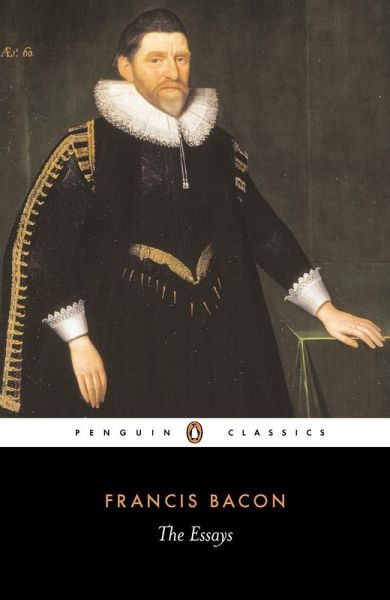
The Essays (eBook, ePUB)

PAYBACK Punkte
0 °P sammeln!
One of the major political figures of his time, Sir Francis Bacon (1561-1626) served in the court of Elizabeth I and ultimately became Lord Chancellor under James I in 1617. A scholar, wit, lawyer and statesman, he wrote widely on politics, philosophy and science - declaring early in his career that 'I have taken all knowledge as my province'. In this, his most famous work, he considers a diverse range of subjects, such as death and marriage, ambition and atheism, in prose that is vibrant and rich in Renaissance learning. Bacon believed that rhetoric - the force of eloquence and persuasion - c...
One of the major political figures of his time, Sir Francis Bacon (1561-1626) served in the court of Elizabeth I and ultimately became Lord Chancellor under James I in 1617. A scholar, wit, lawyer and statesman, he wrote widely on politics, philosophy and science - declaring early in his career that 'I have taken all knowledge as my province'. In this, his most famous work, he considers a diverse range of subjects, such as death and marriage, ambition and atheism, in prose that is vibrant and rich in Renaissance learning. Bacon believed that rhetoric - the force of eloquence and persuasion - could lead the mind to the pure light of reason, and his own rhetorical genius is nowhere better expressed than in these vivid essays.
Dieser Download kann aus rechtlichen Gründen nur mit Rechnungsadresse in A, B, BG, CY, CZ, D, DK, EW, E, FIN, F, GR, HR, H, IRL, I, LT, L, LR, M, NL, PL, P, R, S, SLO, SK ausgeliefert werden.




